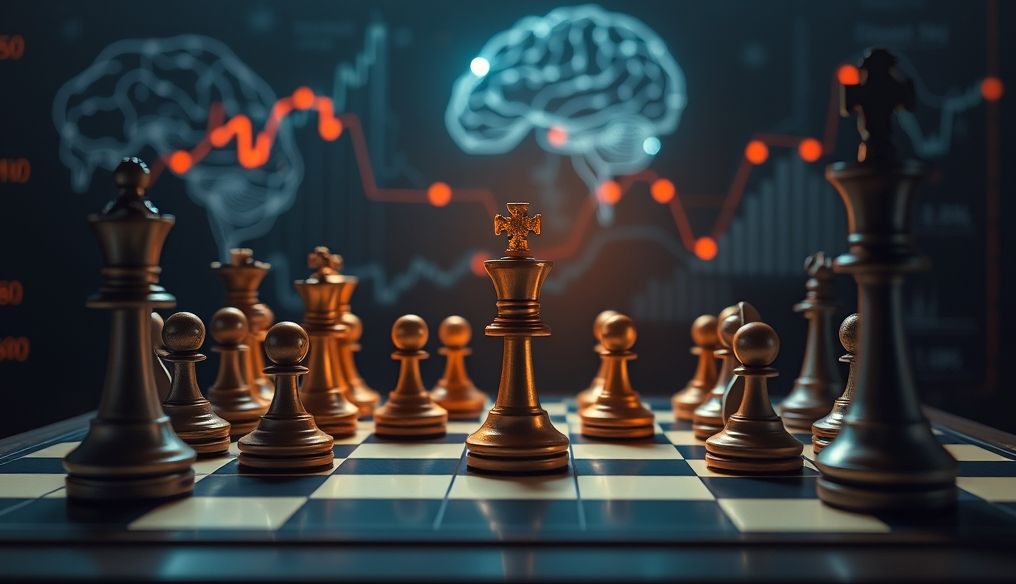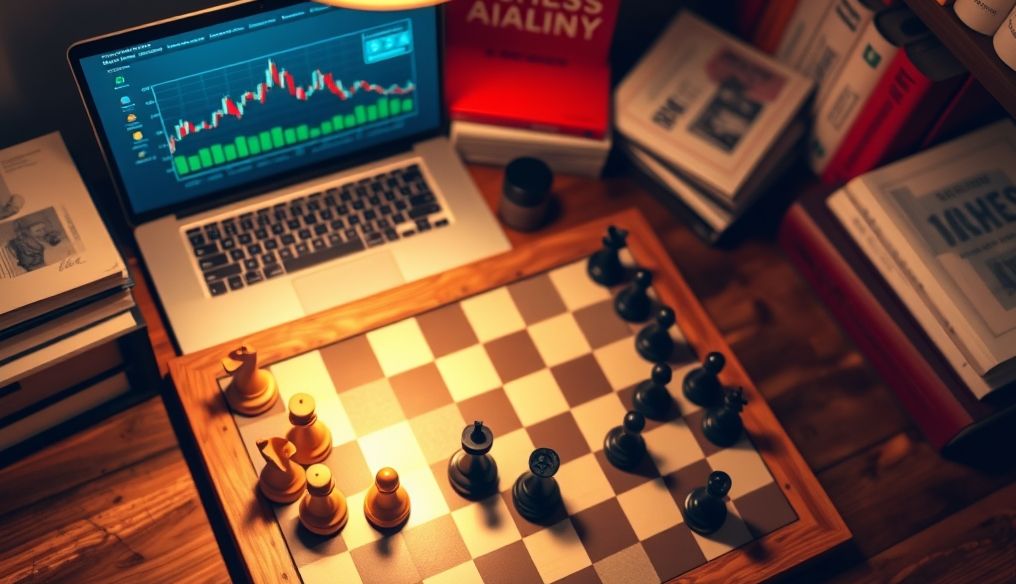How Does Chess Benefit Strategic Thinking and Improve Your Life?
Chess, a game that combines art and science, is not just a form of entertainment, but a powerful tool for developing strategic thinking. This game is a mental challenge that enhances the ability to plan, analyze, and make critical decisions. In this article, we will explore in depth how chess can improve your strategic thinking skills and how these skills can positively impact various aspects of your life.
1. Chess and Strategic Planning: An Overview
Strategic planning is at the heart of chess. Every move you make should be part of a larger plan, taking into account the opponent's potential moves and putting you in a better position to win. This process requires:
- Future Thinking: Anticipating the opponent's moves and their long-term impact.
- Setting Goals: Establishing clear goals for each stage of the game.
- Risk Assessment: Analyzing the potential risks of each move and making decisions accordingly.
For example, you might sacrifice a small piece at the beginning of the game to open up more space for your other pieces or to distract the opponent. This requires a strategic vision that goes beyond the current moment.
2. Enhancing Analytical Skills
Chess requires a careful analysis of the current situation on the board. You must assess the strengths and weaknesses of both your pieces and the opponent's pieces, and identify available opportunities and potential risks. This analysis includes:
- Pattern Recognition: Recognizing recurring patterns in the game and how to exploit them.
- Resource Assessment: Determining the value of each piece and how to use it effectively.
- Threat Analysis: Identifying potential threats and how to deal with them.
Analytical ability is an essential skill in many aspects of life, from solving problems at work to making financial decisions.
3. Making Decisions Under Pressure
Chess often requires making quick decisions under pressure. Time is limited, the opponent is putting pressure on you, and you have to make the best possible decision under these circumstances. This helps to:
- Improve Focus: Focusing on the task at hand and ignoring distractions.
- Time Management: Distributing the available time effectively to make critical decisions.
- Self-Confidence: Trusting your ability to make the right decisions even under pressure.
These skills are essential in situations that require quick and decisive decision-making, such as crisis management or difficult negotiations.
4. Developing Memory and Concentration
Chess significantly improves memory and concentration. You must remember your moves and the opponent's moves, and anticipate potential future moves. This continuous exercise strengthens working memory and long-term memory. In addition, chess requires intense focus to avoid costly mistakes. This continuous focus enhances the ability to concentrate on other tasks in life.
5. Fostering Creativity and Innovation
Chess is not just a game of logic, but also a game of creativity. You often need to think outside the box to find unconventional solutions to the problems you face. This enhances the ability to innovate and think creatively, which are valuable skills in many fields.
6. Chess and Problem Solving
Chess teaches you how to deal with complex problems systematically. You must identify the problem, analyze it, and develop a plan to solve it. This process is very similar to the problem-solving process in real life.
7. Chess and Personal Development
Chess can contribute to the development of many personal aspects, such as:
- Patience: Chess teaches you patience and endurance, as winning can take time and effort.
- Discipline: Chess requires discipline and commitment to achieve success.
- Humility: Chess teaches you humility and acknowledging your mistakes, as losing is part of the game.
8. Chess in Daily Life
The skills you acquire from chess can be useful in many aspects of daily life, such as:
- Work: Strategic planning, analysis, and decision-making.
- Relationships: Understanding others' perspectives and negotiating effectively.
- Finance: Managing financial resources and making investment decisions.
9. How to Start Playing Chess
If you are interested in learning chess, there are many resources available, such as:
- Books and Articles: There are many books and articles that explain the rules of chess and basic strategies.
- Websites and Applications: There are many websites and applications that allow you to play chess online and learn more about the game.
- Clubs and Schools: There are many clubs and schools that offer chess lessons.
10. Tips for Improving Your Chess Skills
Here are some tips to improve your chess skills:
- Play Regularly: The more you play, the better your skills will become.
- Solve Puzzles: Solving chess puzzles helps develop your analysis and planning skills.
- Study Games: Study the games of great players to learn advanced strategies and tactics.
- Analyze Your Games: After each game, analyze your mistakes and learn from them.
- Don't Give Up: Even if you lose, don't give up and continue learning and improving.
In conclusion, chess is a powerful tool for developing strategic thinking and improving many other aspects of your life. Whether you are a beginner or an experienced player, there is always something new to learn in this wonderful game.




